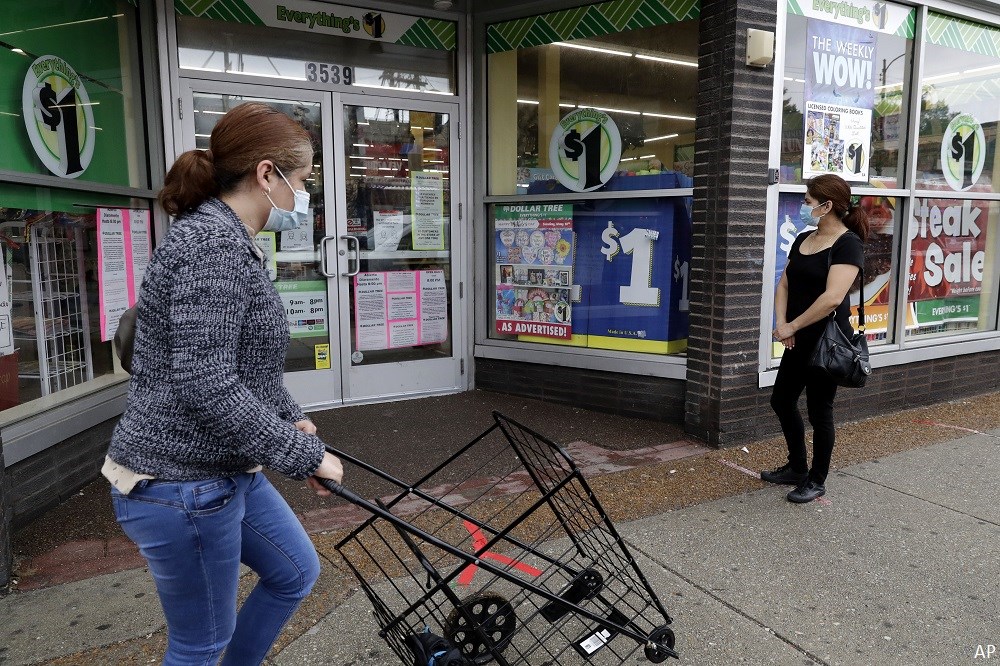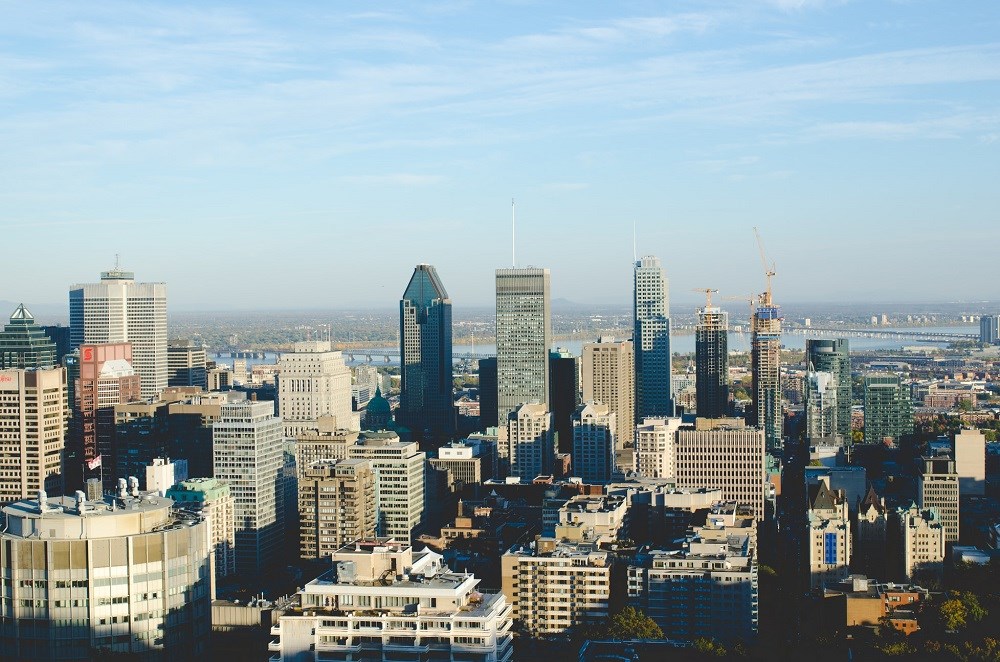
Ken Tyszko, Chicago-based lead portfolio manager for gold-medalist RBC U.S. Mid-Cap Growth Equity Fund, has directed a long and consistent outperformance for the $1.1 billion mutual fund since he took over the reins as lead manager in 2012.
During the past decade, the fund has seen only a single losing year. The Series D lost a scant 1.22% in 2011 – just before Tyszko took over. The fund’s average annual returns have been top quartile over one, three, five and ten year periods.
For the year to Sept. 15, Series D was up 7%, beating Morningstar’s US Small/Mid Cap Equity Category by 13.46 percentage points and the benchmark Russell 2000 Total Return Index (CAD) by 11.56 points. The five-year average annual compounded return was 11.93%, well ahead of the category and benchmark.
Returns for a Long Term
“A significant differentiating factor of the fund is its strong downside protection in down markets and ability to capture a fine, competitive return in up markets,” says Tyszko, managing director and senior portfolio manager at RBC Global Asset Management (U.S.) “Everybody likes to make money in hot bull markets, but we seek companies with steady, recurring revenue streams that tend to do well through all types of market conditions.”
Tyszko and his team identify companies that can continuously rollover sales of their product or service, and they tend to keep them. The fund has a low turnover of 15% a year, which translates to an average holding period per stock of six years.
“We look for companies doing things better than their competition, and where we expect their success to last for a number of years, not just for one or two quarters,” Tyszko says.
It’s Online Now
For example, he hones in on companies with superior e-commerce sites that can lure significant online business.
“Companies that are succeeding online know how to reward loyalty and incentivize their customers,” he says. “They research and track what their clients are buying, and they also know how to reward their customers, give good service and encourage repeat sales. The whole concept of e-commerce is a trend that we like as people are doing more purchasing from home and less moving around from store to store.”
RBC U.S. Mid-Cap Growth Equity is well diversified by stock and by sector. The fund holds about 75 stocks, and has about a 79% active share relative to its benchmark, which Tyszko calls a “pretty big bet against the index.” Rarely, will one stock account for more than 3.5% of fund assets.
“We have lots of stocks to pick from and are not forced to own the large, and possibly overvalued, names that dominate large-cap indices,” he says.
The fund’s investment universe includes stocks with a market capitalization of between US$2 billion and US$20 billion trading on U.S. exchanges, which equates to about 1,200 companies, Tyszko says.
Performance and Responsibility Expected
The team seeks “profitable industry leaders with strong financial characteristics” that are more reasonably valued than the index overall. The goal is to own companies with consistent double-digit earnings and revenue growth, attractive valuations relative to peers, strong balance sheets and reasonable leverage, growing cash flow, proven management teams and a record of positive achievement in ESG (environmental, social and governance) policies.
Growth rather than dividend income is the priority, and the team seeks stocks that can double or triple in price over a multi-year period.
“We don’t seek short-term trading gains, hence the long-term average holding period in our fund,” Tyszko says.
The purchase price is important, and the team will assess valuation metrics such as price-to-earnings and price-to-sales ratios relative to the stock’s five-year record and also relative to competitors. A stock will be sold if its fundamentals fizzle, if it becomes too large in terms of market capitalization (such as when market cap reaches US$30-US$35 billion) or if it becomes extremely overvalued.
“We rarely sell a stock based solely on valuation,” Tyszko says. “Often when a stock becomes slightly overvalued, it is still becoming recognized in the market, and it could go up a few more notches.”
Skipping the Cyclicals
The fund’s strict selection criteria keep it away from heavy capital equipment and materials companies vulnerable to economic cycles and lead it toward high-growth services companies that can grow regardless of commodity prices or overall economic growth. Its biggest sector weightings in early September were technology at 28% of assets, health care at 23% and industrials at 18%. It also has little exposure to energy or utilities.
The onset of COVID-19 led to a couple of companies being sold, but the portfolio was well-positioned to weather the spring correction, Tyszko says. Among the companies sold due to the negative impact of the pandemic was Acuity Brands Inc. (AQ8), a building management and lighting company whose growth is tied to commercial real estate projects. Also ejected from the portfolio was LKQ Corp., which deals in replacement parts for vehicles and could suffer declining revenue with people staying home more, driving less and putting less wear and tear on their cars.
Among the top holdings is Synopsis Inc. (SNPS), an electronic design automation firm that provides software to the global electronics industry to help companies create advanced integrated circuits, electronic systems, and computer chips. Synopsis is benefitting from the pervasiveness of technology, and the pressure on major semiconductor manufacturers to design and produce smaller and yet more complex and efficient chips.
Another key holding is MercadoLibre Inc. (MELI), South America’s answer to Amazon.com Inc. and a beneficiary of burgeoning e-commerce. Tyszko says South America is about five years behind the U.S. in terms of the growth of online shopping, so there is a long growth runway ahead.
Also in the fund’s top ten holdings is Dollar Tree Inc. (DLTR), a discount variety retailer that sells food, beauty supplies, household cleaning products, toiletries and other items.
“For a lot of consumers the idea of a bargain is appealing, and even more so now with many people losing their jobs due to COVID,” says Tyszko.





















